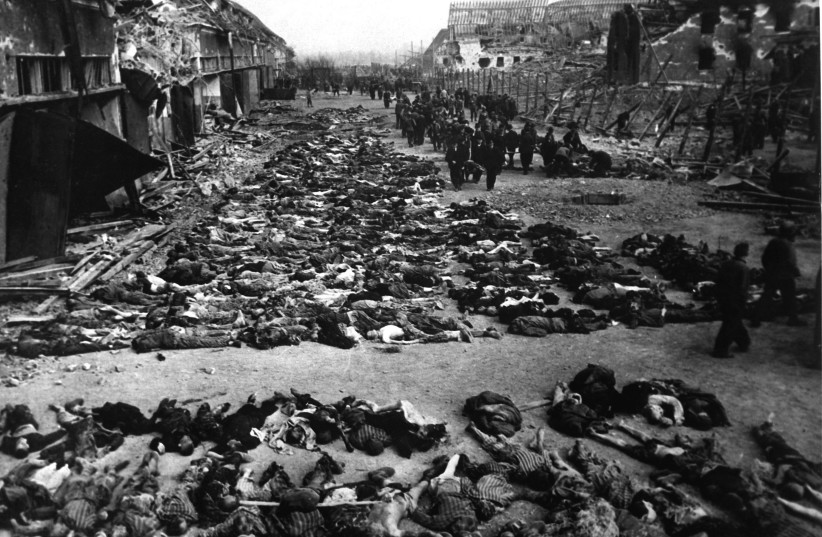A 98-year-old German man accused of working as a guard at a Nazi concentration camp is being charged with 3,300 counts of accessory to murder.
Local prosecutors in the town of Giessen, north of Frankfurt, are accusing the man of having “supported the cruel and malicious killing of thousands of prisoners as a member of the SS guard detail” at the Sachsenhausen concentration camp near Berlin between July 1943 and February 1945, according to the Associated Press. Prosecutors did not release the suspect’s name.
A psychiatric report conducted on the suspect in October 2022 determined that he is at least partially fit to stand trial, the AP reported.
Despite his advanced age, because he was younger than 21 at the time of the crimes, the suspect is being charged under juvenile criminal law at Hanau Regional Court, which holds jurisdiction over his place of residence. Suspects accused as adults for Nazi crimes are typically tried in courts with jurisdiction over the location of the crime, German press reported.
Last opportunity to hold Nazis accountable
As prosecutors and investigators seek to hold the last living Nazis accountable for their crimes, trials of suspects nearing the end of their lives have become more common. Joseph Schütz, another guard at Sachsenhausen, was the oldest Nazi camp guard ever put on trial for his crimes, and was convicted last year at age 101 of being complicit in the mass murder of 3,518 prisoners.

Schütz was tried as an adult, and his case was held at a court in Brandenburg, the German state where Sachsenhausen was located. He was sentenced to five years in prison and died in April at 102 while waiting for an appeal. In 2021, Irmgard Furchner, then 95, was put to trial for complicity in the murder of 10,000 people due to her work as a secretary at the Stutthof concentration camp.
The precedent in German law that guards at Nazi death camps could be tried for their crimes, even without evidence of a specific killing, was set in the 2011 conviction of former concentration camp guard John Demjanjuk. Charges of murder and accessory to murder are not subject to a statute of limitations under German law.
